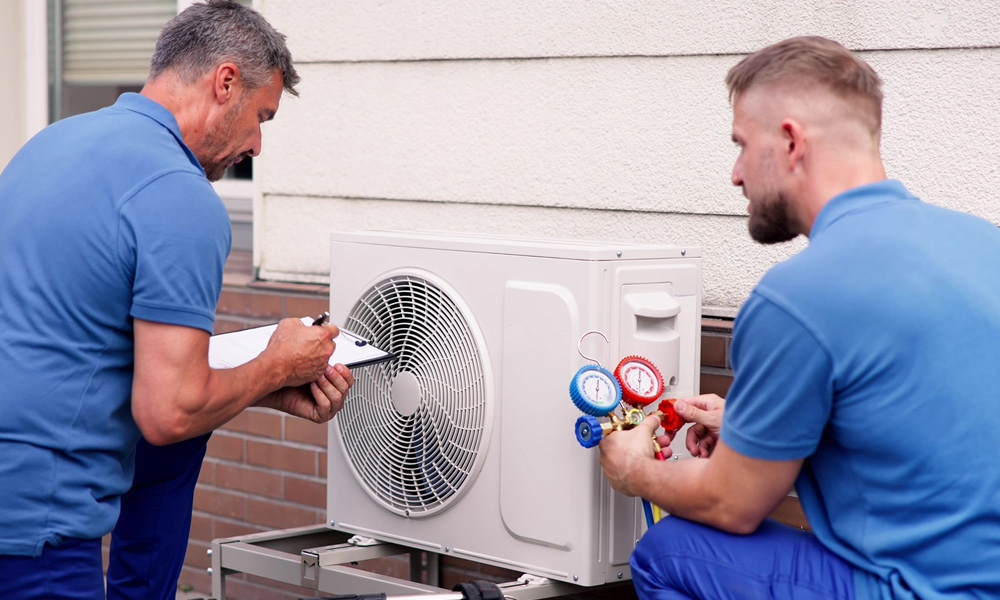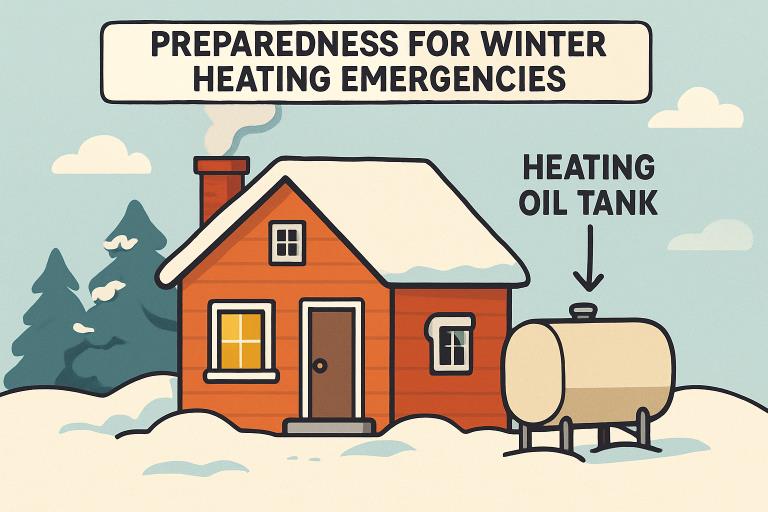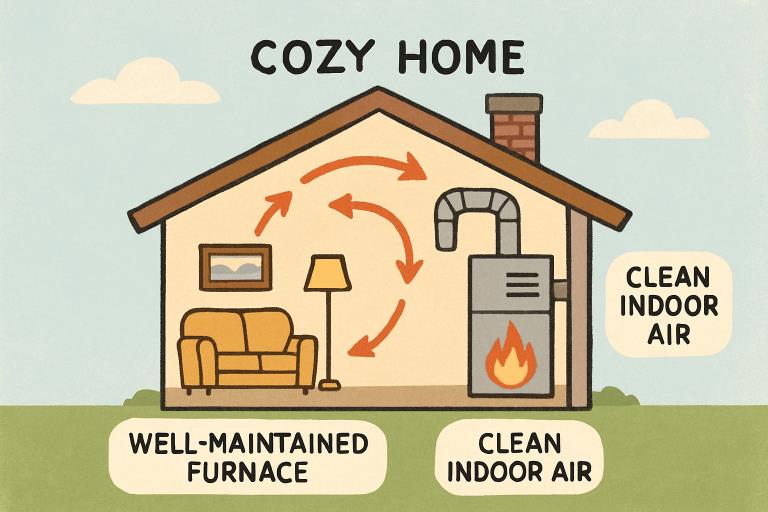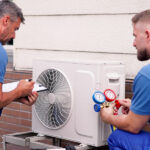Now Reading: Questions To Ask Your HVAC Contractor
-
01
Questions To Ask Your HVAC Contractor
Questions To Ask Your HVAC Contractor

An efficient heating and cooling system also improves indoor air quality. Before choosing a technician for your unit, it may be beneficial to ask questions about your system and their services. Here are some questions to ask your HVAC contractor:
How Do I Know My Unit Is Failing?
Your heating and cooling system may be failing if it produces inconsistent airflow, resulting in discomfort. If your energy bills are rising, it could be due to an old or inefficient system that struggles to maintain the right temperature. Noises, such as rattling, banging, or squealing, may indicate underlying damage in your unit, including a faulty motor or loose parts. You can also ask your HVAC contractor whether frequent cycling on and off could be a sign that your system is failing. Due to clogged ducts or filters, a malfunctioning system allows air contaminants to circulate throughout your living space.
How Do You Determine The Right Size System For My Home?
Ask how the technician determines the right system size for your home. If professionals install a heating and cooling unit that’s too small, it may lead to performance issues such as short cycling and uneven temperatures. When the system is too big for your home, it doesn’t run long enough to filter the air.
To prevent these issues, a qualified technician checks your home’s square footage, insulation levels, and airflow needs. They also evaluate humidity levels to suggest the right humidifiers or dehumidifiers. When determining the right size, a professional helps you choose a system with the right cooling efficiency.
Which New Technologies Are Available?
Before your contractor replaces or installs a new system, ask about the latest technologies to make sure they’re current with modern options. Ductless mini-split systems are beneficial for heating or cooling rooms efficiently without the need for ductwork. To improve comfort and efficiency, some companies offer zoning control systems, which let you set different temperatures in different rooms. With Wi-Fi-enabled thermostats, you are able adjust your temperatures from a smartphone.
What Happens During Installation?
During installation, a technician clears the area to place your unit so that it sits securely. After it’s placed and reinforced, they connect refrigerant lines, electrical wiring, and drain lines between the units, making sure the system operates properly. To allow you to adjust temperatures easily within your indoor space, experts configure smart thermostats. During this process, a technician pressurizes the unit to check for refrigerant leaks that contribute to efficiency issues. This professional also tests airflow to determine whether the system heats or cools evenly.
Do You Offer Regular Maintenance?
Ask if the contractor offers regular maintenance to extend your system’s lifespan. Some contractors follow a maintenance checklist, including changing air filters to allow them to trap contaminants effectively, keeping your filtered air clean. During a routine tune-up, professionals tighten and replace electrical connections within your system to boost safety.
If there are issues, such as inconsistent temperatures, a specialist calibrates your thermostat to make sure it accurately reads room conditions. Checking if the vents are clear helps air flow freely through your home, allowing you to experience greater comfort. While performing maintenance, a technician may flush the condensate drain lines to remove moisture that contributes to the growth of biological organisms.
Hire a Skilled HVAC Contractor Today
If your unit has underlying issues, a qualified contractor may be able to fix or upgrade it, depending on the condition. As a residential customer, a technician can maintain your system regularly to make sure it functions properly. To hire an experienced HVAC contractor, contact a reputable heating and cooling company today to schedule an appointment.





















